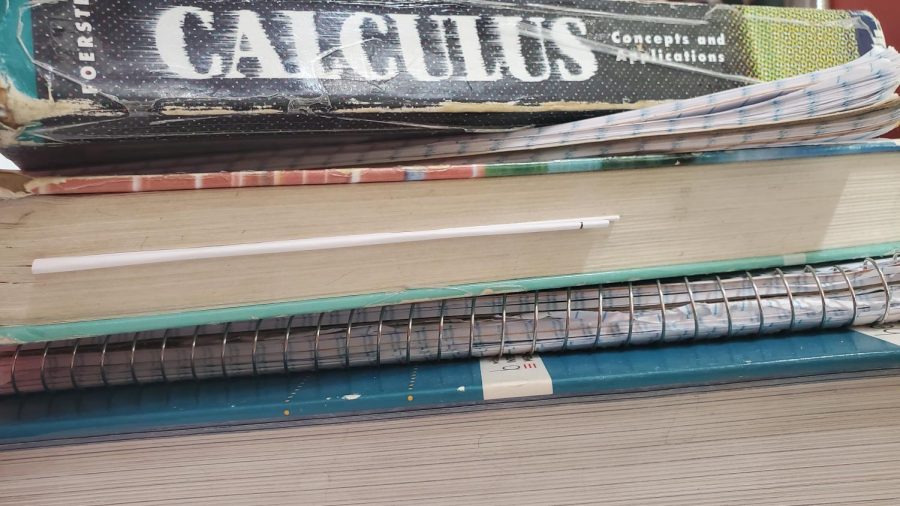Advanced Placement exams: past, present, and future
May 23, 2021
With many students forced to remain at home these past two testing seasons, CollegeBoard introduced online testing methods. The questions come up, “Will online tests continue after the pandemic? What does being online mean for the tests already taken?”
“I don’t know if it will [continue], just because it ends up being a slightly different test; not all the essays are included,” AP teacher Anne Sharkey said. “I wouldn’t be surprised if they went back to the paper tests, just because then everyone’s taking the exact same test, whereas now [with] the online version, there’s tons of different versions.”
Many students have already taken tests themselves and noticed specific changes.
“The histories’ got changed. Usually, we have three essay questions, but they got rid of the long essay question, and added more short answer questions. We see that across a couple different tests,” Sharkey said.
Some students may also notice they were not as prepared for the test as they have been in the past.
“What we thought they were testing for, what we were preparing our students for at the beginning of the year, is a little bit different from what the test is in the end,” Sharkey said.
While some students may feel anxious about their score, Sharkey explained that CollegeBoard has addressed this.
“The one nice thing about AP and kind of how they do it is as far as the essays being changed, they’re going to take it where the kids who did it on paper are going to be compared to the other kids who did it on paper, and the digital, they compare and score based on everyone who did the digital test,” Sharkey said.
Another change this year is when the tests would be administered. Tests are usually given at the beginning of May. This year, some of the tests have been moved back a couple weeks.
“Each school was able to make the decision, so it depended on the schedule, so some of the classes that tended to be more senior-level might have done it earlier so that the seniors are done,” Sharkey said.
Technology also played a part in some of the decisions school districts and Collegeboard had to make.
“There is not a video portion this year for the AP test. It was in the plans, but besides the whole issue, there’s the problem of ‘does the program allow the camera’ while you’re in lockdown mode. The other issue was just equity, so would somebody be punished or not allowed to take an AP test if, say, your school didn’t provide a computer that had a webcam,” Sharkey said.
AP exams have always pushed students to perform their best and push their limits. This year, even with all the changes, that is still true.
“More than anything, it’s that you’re timed, and so that’s going to be what pushes you,” Sharkey said.
Many students truly are feeling the pressures of the tests, but many more are pushing through and trying their best despite the unpredictability of the exams and the world around them.
Even with all these changes, students should prepare for anything next year. Nothing official has been said about formatting for the future, but teachers will be trying their best to prepare students for whatever might come.



